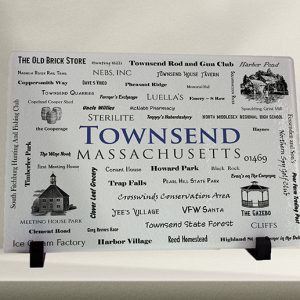Bringing Cultural Diversity to Canadian Chicken Road Games
In Canada, chicken road games have grown beyond mere entertainment to incorporate cultural diversity that reflects the vibrant multicultural fabric of the nation. These games, traditionally popular in rural communities, involve chickens picking their paths on a numbered course, often leading to prizes. But how do these games embrace cultural diversity, and why is it significant? This article delves into the transformation of Canadian chicken road games, highlighting how they promote inclusiveness by integrating various cultural elements into their framework.
The Evolution of Chicken Road Games
Chicken road games have a storied history in Canada, often associated with rural fun and fundraising events. Initially, these events were simple gatherings where the community united for entertainment. However, with Canada’s increasing cultural diversity, there has been a conscious shift towards inclusivity. Organizers now incorporate elements from different cultures into the games, making them more appealing to a broader audience. By including diverse music, food stalls offering international cuisines, and multicultural performances, these events are more than just games.
Incorporating Multicultural Elements
The integration of multicultural aspects into chicken road games is a significant marker of progress towards inclusivity. For instance, music styles such as reggae, salsa, or Celtic tunes are often played to celebrate cultural diversity. These tunes are not only refreshing but also a nod to the diverse backgrounds of participants. Food is another critical aspect, with stalls offering a fusion of flavors from around the world – from Indian curries to Italian pastas, ensuring there’s something for everyone. Additionally, various cultural performances, such as traditional dances or storytelling, are scheduled to provide depth and cultural learning opportunities chicken cross road game.
Benefits of Multicultural Chicken Road Games
The advantages of introducing cultural diversity into these games are numerous. Firstly, it fosters a sense of community, encouraging individuals from diverse backgrounds to participate and engage with one another. This unity is vital in strengthening social ties. Secondly, it provides educational value as participants learn about different cultures through exposure. Thirdly, these games contribute to local economies, as visitors are attracted by the diverse offering, increasing tourism and local spending.
A New Tradition: Cultural Representation
The trend of multicultural chicken road games is becoming a new tradition, where cultural representation plays a key role. Representation in such events ensures that communities feel recognized and appreciated, fostering a more inclusive society. These games now often feature booths set up by different cultural groups, sharing their traditions, crafts, and stories. This initiative promotes understanding and respect among participants.
- Cultural Booths
- Craft Exhibits
- Storytelling Sessions
Conclusion
Bringing cultural diversity to chicken road games in Canada is more than an initiative; it’s a celebration of unity and inclusiveness. As these events evolve, they symbolize Canada’s broader efforts to embrace multiculturalism. These games not only reflect the demographic changes in the country but also act as a bridge to unite communities. In doing so, they teach the importance of cultural appreciation and respect, essential values in our interconnected world.
FAQs
- What are chicken road games?
Chicken road games are traditional community events often held for entertainment and fundraising, where chickens choose paths on a numbered course. - How do chicken road games benefit from cultural diversity?
They benefit through enhanced inclusivity and broadened appeal, fostering community unity and offering educational experiences. - What cultural elements are included in these games?
Music from different backgrounds, international food stalls, and multicultural performances are typically included to reflect diversity. - Why is cultural representation important in these games?
It promotes inclusivity, ensures all community members feel recognized, and enhances understanding between different cultural groups. - How do these games help local economies?
Increased tourism and local spending occur as more people are attracted to diverse offerings, boosting local economies.







Add comment